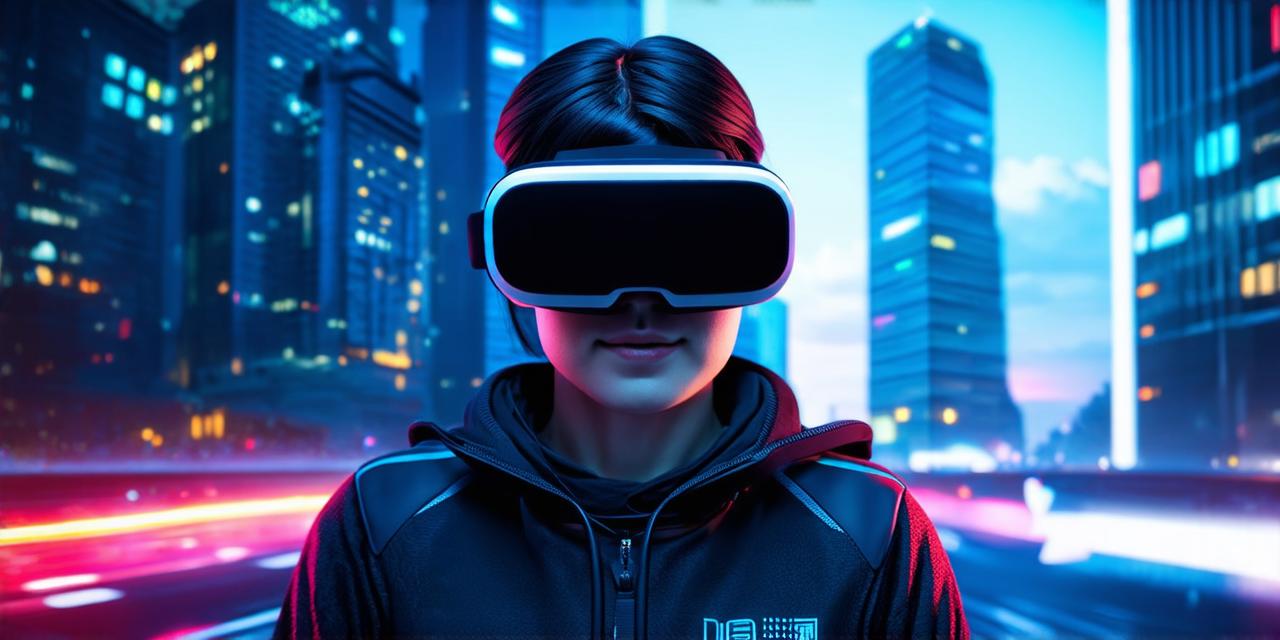Virtual reality (VR) is a technology that allows users to experience an immersive and interactive digital environment. In recent years, VR has gained significant attention as it has the potential to transform various industries, from entertainment to healthcare.
Entertainment
Virtual reality has revolutionized the entertainment industry by providing users with a fully immersive experience. With VR, users can step into a digital world and interact with it in ways that were previously impossible. This technology has opened up new possibilities for gaming, movies, and live events.
One of the most popular applications of VR in the entertainment industry is gaming. With VR headsets, users can enter a fully immersive virtual world and become part of the game. Games like “Beat Saber” and “Job Simulator” have been successful in providing users with an engaging and interactive gaming experience.
In addition to gaming, VR has also found its place in movies and live events. Companies like Samsung have developed 360-degree cameras that allow users to watch movies in a fully immersive environment. This technology has also been used for live events like concerts and sports events. By providing users with a fully immersive experience, VR is transforming the way people consume media.
Healthcare
Virtual reality has significant potential in the healthcare industry by providing patients with an engaging and interactive way to recover from injuries or illnesses. By using VR technology, patients can simulate real-life scenarios and practice their physical abilities in a safe and controlled environment.
For example, the company “MedRealities” has developed VR technology that allows patients to practice walking and balance exercises in a virtual environment. By providing patients with an immersive experience, they can recover faster from injuries or illnesses.
Virtual reality has also found its place in surgical training. With VR headsets, surgeons can simulate surgeries and practice their skills in a safe and controlled environment. This technology has the potential to reduce the risk of complications and improve patient outcomes.
Education
Virtual reality has significant potential in the education industry by providing students with an engaging and interactive way to learn. By using VR technology, students can experience different environments and interact with them in ways that were previously impossible.
For example, the company “Google Expeditions” has developed VR technology that allows students to take virtual field trips to different parts of the world. By providing students with an immersive experience, they can learn about different cultures and environments in a safe and controlled environment.
Virtual reality has also found its place in science experiments. With VR headsets, students can conduct experiments in a virtual environment and see the results firsthand. This technology has the potential to make learning more engaging and interactive for students.
Transportation
Virtual reality has significant potential in the transportation industry by providing users with an immersive and interactive way to experience different modes of transportation. By using VR technology, users can simulate different driving scenarios and practice their skills in a safe and controlled environment.
For example, the company “General Motors” has developed VR technology that allows drivers to practice driving in a virtual environment. By providing drivers with an immersive experience, they can improve their skills and reduce the risk of accidents on the road.
Virtual reality has also found its place in city planning. With VR headsets, architects and urban planners can simulate different scenarios and see how changes will affect the city’s infrastructure. This technology has the potential to make city planning more efficient and effective.
Conclusion
Virtual reality is transforming the world by providing users with an immersive and interactive digital environment.
